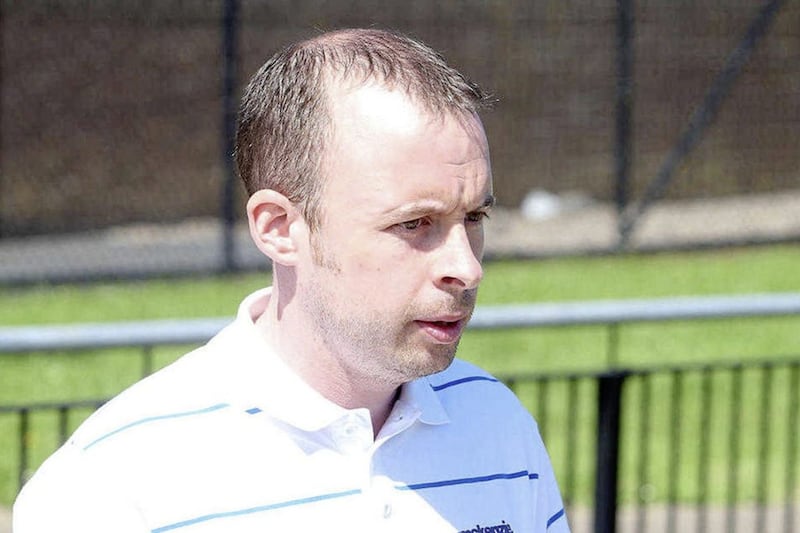A prisoner in Northern Ireland cut himself so badly his fingers stopped working for weeks.
After years of self-harm his forearms were a mass of scars, but specialist staff at Maghaberry prison in Co Antrim have since helped him cope with his stress and he has not hurt himself for three months.
The 26-year-old, who has been in and out of prison since he was 18, said self-harming had been a near-constant since then while he was struggling to recover from alcoholism, addiction to painkillers and mental health problems.
In an exclusive interview, he told the PA news agency: "Outside I was drinking a lot and had mental health problems and was self-harming – my head was all over the place."
He repeated his dangerous behaviour regularly in custody, fuelled by fears he would lose his house and uncertainty over when he would be freed.
With time, prison helped stabilise him, he enjoys a good rapport with staff and is due for release soon.
"I have known the staff on that landing for quite a few years," he said.
"I was reassured that I would not lose my house, they were brilliant, they put my mind at rest."
A total of 468 cases of self-harm were recorded at the prison in the 12 months to May.
One of the most high-profile cases of recent years was in 2014, when prisoner Sean Lynch blinded himself after his mental health deteriorated.
Some prison staff watched but failed to intervene, a Prisoner Ombudsman report said.
That was before the current governor's appointment and the introduction of fundamental reforms.
Those include centralised organisation of the treatment and monitoring of at-risk prisoners rather than leaving it to individual landing staff.
There is greater focus on addressing causes of behaviour and a graduated response to protective measures, because steps like constant observation can worsen the problem.
The prisoner knew many of the staff from previous periods in jail and a psychiatric nurse organised his speedy transfer to a landing with other inmates with mental health problems.
He blamed stress and anger for his behaviour.
"When I came in here I thought I would lose my house and I did not know how long I would be here.
"I hurt myself quite a lot, I was doing it outside every couple of weeks, quite deep."
He said staff were helpful and aided his recovery.
"Every time I think of doing it I realise that doing it won't help it. There are things to do every day here to keep my mind busy."
That includes visiting the Donard centre, where prisoners can congregate freely and engage in activities with specialist support.
The prisoner said: "When you were sitting about doing nothing all day you were thinking too much."
One of Maghaberry governor David Kennedy's key mantras is the importance of full and purposeful days, a philosophy which extends to all areas of the high-security institution.
The prisoner now takes part in education programmes with staff on subjects like mindfulness and combating depression.
He said: "They seem to like me. I find it easy to talk to them, they are very understanding."
He said health experts were ready to help him on his release from custody.
Last time he was freed it was two years before he was back behind bars.
He said: "This time I don't think I will be back."






